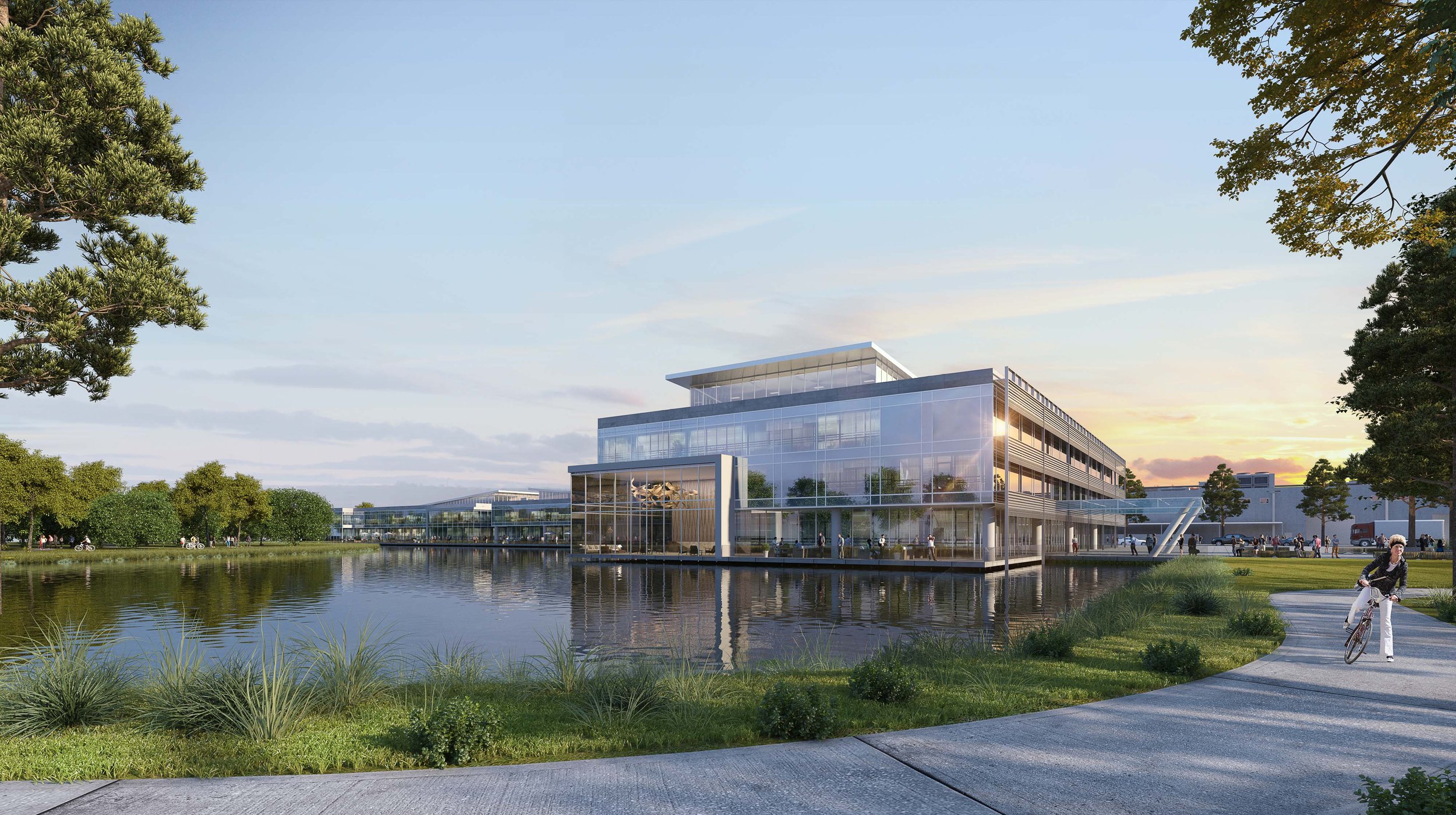Report: Health Care to be Major Driver of Houston Economy in Years Ahead
Published Oct 28, 2020 by A.J. Mistretta
Over the next 16 years, about 1 in 4 of all new jobs added in the Houston region will be in the health care sector, but not properly preparing the workforce pipeline for those positions could cost the region billions.
According to a new report from Center for Houston’s Future, the health care sector is likely to generate a baseline GDP of $26 billion for the region by 2036. But failing to adequately develop the talent pipeline to assume new jobs in the industry could cost Houston $18.6 billion in lost GDP and 111,000 potential jobs, the 62-page report found.
The report, Houston’s Economic Future: Health Care, focusing on both the economic vitality of the region’s health care system and assessing our community’s health.
Focusing on cultivating the region’s life sciences sector could yield an additional $13 billion in GDP and 73,000 additional jobs by 2036, the report found.
The Center developed a unique economic forecasting tool to analyze the impact of various health-care-related scenarios on the region’s future employment growth and GDP. The organization conducted two surveys—one pre-Covid-19 in January and another in September—with regional employers. More than 50 health care experts contributed via focus groups and interviews, and some 100 executives in Greater Houston completed the Center’s health care surveys.
The report profiles community health in the region, including outcomes and access to care. It discusses key trends currently reshaping how health care will be delivered and funded. These include telehealth and artificial intelligence.
The report details findings from the survey, including:
- Employers widely see Covid-19 as a transformational event that will reshape the entire health care system.
- 59% of respondents said the pandemic has made them more likely to support an expansion of Medicaid in Texas.
- The pandemic has drastically changed employers’ projections of how their health care costs will rise. In January, four in 10 expected costs to rise by over 10% in the next five years. Today, 65% believe this will be the case.
The report also includes a reflection on lessons learned from the region’s response to Covid-19, including:
- Promoting health equity will facilitate a better pandemic response. Foremost, this means reducing the number of uninsured in Houston.
- Adopting models of providing care such as value-based care would strengthen the region’s ability to weather a crisis by transferring financial risk from providers to payors.
In light of the report’s findings, the Center acknowledged that a coordinated public health response and thriving health system requires collaboration across the region’s many hospital systems and stakeholders.
Such coordination will also require leadership from the business community. The Center said future policies must address so-called social determinants of health, such as race and income.
“We hope that this report sparks a community-wide discussion on how Greater Houston can become a model for the country for developing a health care system that provides affordable and accessible care, delivers increased quality, is cost efficient and drives economic growth,” said Brett Perlman, the Center’s president and CEO.
The report was made possible with funding from HCA Houston Healthcare.
View the complete report and learn more about life sciences in the Houston region.
 The Houston Report
The Houston Report




















